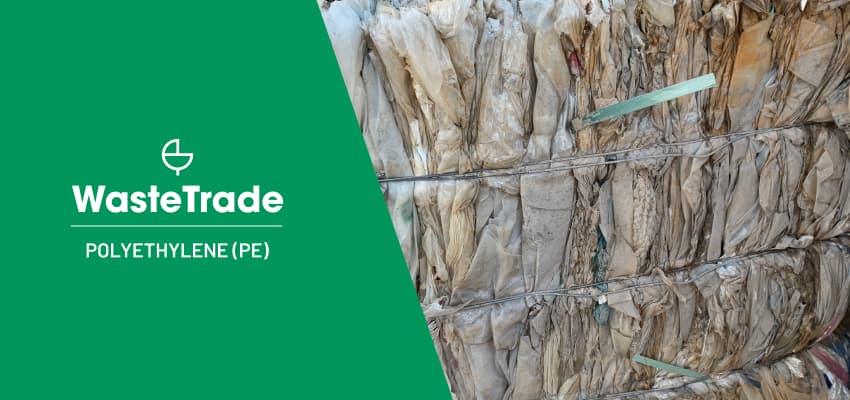Why PET Recycling at WasteTrade is Essential for Combating Plastic Waste Crisis
Why PET Recycling at WasteTrade is Essential for Combating Plastic Waste Crisis
Blog Article
The world is battling a plastic waste crisis, with hundreds of millions of pounds of trash ending up in landfills and oceans every year. One of the most commonly used types of plastic are PET (polyethylene terephthalate) that is used for water bottles, food packaging and many other items we use daily. But, WasteTrade has recognized the importance of recycle PET as well and taken the necessary steps to make it an essential part the waste disposal procedure. In this blog, we will discuss why recycle PET at WasteTrade is crucial for combating the plastic waste crisis.

The consumption and production of single-use plastics are on the rise in recent years, leading to a significant rise in the pollution caused by plastic. According to a report by National Geographic, only 9% of all plastic ever produced has been reused. This alarming figure highlights the necessity of implementing effective recycling strategies for all kinds of plastics, including PET.
PET is one kind of plastic that is easily reused into new products without losing its original quality or properties. WasteTrade is aware of this potential and has developed a comprehensive PET recycling program as part of their waste management services. By separating and processing used PET products using a variety of sorts of methods like recycling and shredding, WasteTrade ensures that these products are not disposed of in marine or landfills.
Why is this so important? Firstly, by diverting these substances from landfills or oceans by utilizing proper recycling methods like those offered by WasteTrade, we can reduce the environmental impact significantly. Plastics require hundreds or thousands of years to decay in a natural way, and they can continue to damage our environment even after they are disposed off incorrectly.
Furthermore, when plastics end up in our oceans or other natural habitats, instead of being properly recycled in facilities such as WasteTrade's plant-based facility. They are a major threat to marine life and human health. Marine animals frequently mistake plastic waste for food, resulting in ingest and entanglement that can be fatal. Furthermore, plastics degrade into microplastics over time which can enter through the food chain. They can cause adverse effects on human health.

Furthermore, WasteTrade's PET recycling program assists in reducing demand for virgin plastic production. Through recycling old PET items into brand new products, WasteTrade is contributing to an economy that is circular, meaning that resources are reused instead of being recycled after a single use. This reduces the need for extraction of raw materials and the process that consume energy to produce new plastics.
The conclusion: WasteTrade's PET recycling program is not only beneficial for the environment but also has economic advantages. Through diverting these materials away from landfills or oceans and transforming them into valuable resources through recycling, WasteTrade is creating job opportunities and promoting sustainable practices within communities.
Report this page